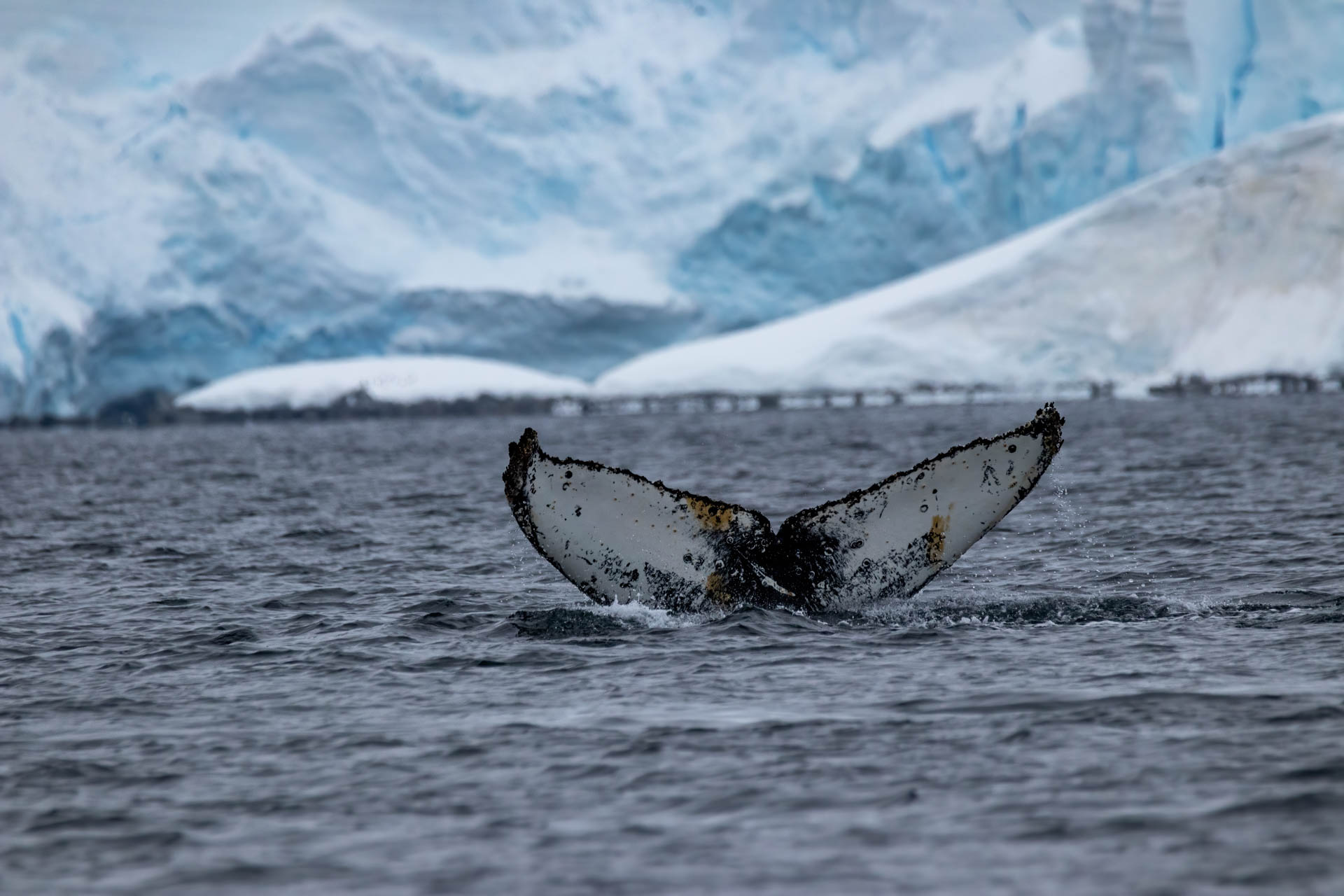The International Association of Antarctica Tour Operators (IAATO) is set to begin its 2023-24 Antarctic season with new and enhanced measures to support safe and environmentally responsible travel to the region.
Among the latest action IAATO members will be taking for Antarctica this season are the introduction of 17 new trial site guidelines and enhanced geofenced time areas in the Gerlache Strait and South Shetland Islands to help protect whale-rich waters.
Gina Greer, IAATO Executive Director said: “IAATO’s strength has always been the active involvement of its members; challenging the status quo and developing processes and guidelines to address the changing times.
“The latest measures are an example of IAATO’s continued commitment to operating at the highest standards to provide enriching, educational experiences to visitors while respecting and protecting the region we care so deeply about.”

Since its inception in 1991, IAATO has taken a proactive role in managing visitor activity on the Antarctic environment, working within the framework of the Antarctic Treaty System to help visitors have an enriching experience, while leaving the region as they found it.
The new and enhanced measures support IAATO’s five-year strategy, Embracing Our Role as Stewards of Antarctica, approved by members at its annual meeting held in Hamburg, Germany in April this year and consisting of four mainstays:
- Operators as stewards,
- Purposeful support of research,
- Deliberate resource management plan,and
- Persistent proactive measures focused on sustainability.
The international forum provides a platform for IAATO members to have candid discussions on safety, environmental protection, and self-management with the aim of enhancing best practice and developing new protocols to further its responsible tourism mission. Decision-making is supported by recommendations developed by IAATO’s 12 dedicated committees and eight working groups throughout the year.
In 2019 IAATO Operators unanimously adopted mandatory procedures to mitigate strike risks from vessel operations in whale-rich areas, introducing geofenced time areas in Gerlache Strait and adjacent waters from January 1 – May 30 and Marta Passage entering Crystal Sound from February 1 – May 30.
In 2021, IAATO Operators strengthened the measures by committing to a mandatory 10kn speed restriction for vessels operating in IAATO geofenced time areas, and whale watching and whale avoidance mitigation training by all bridge teams while operating in any areas where whales are routinely seen.

During the 2022-23 Antarctic Season, IAATO supported a baseline collection of data on a voluntary basis related to cetacean and pinniped sightings. Through this process, it was identified that whales were consistently present in the first half of the season in the Gerlache Strait where there was also vessel activity and whales had a significant presence around the South Shetland Islands throughout the season.
In recognition of the data members this year agreed to trial an extension to the Gerlache Strait geofenced time area from January 1 – May 30 to November 1 to May 30, as well as adding a South Shetland Islands geofenced time area from November 1 to May 30.
Greer said: “IAATO is committed to enhancing its practices to respond to new information and available data; in this case the growth of whale populations around the Antarctic Peninsula.
“As we look towards the future and the challenges we will face, including environmental change, we will continue to evolve our practices further; investing strategically in research, technology and human capital to prepare appropriately.”
The 2023-24 IAATO Antarctic season will commence on September 30 with the first vessel of the IAATO fleet visiting the subantarctic region.




